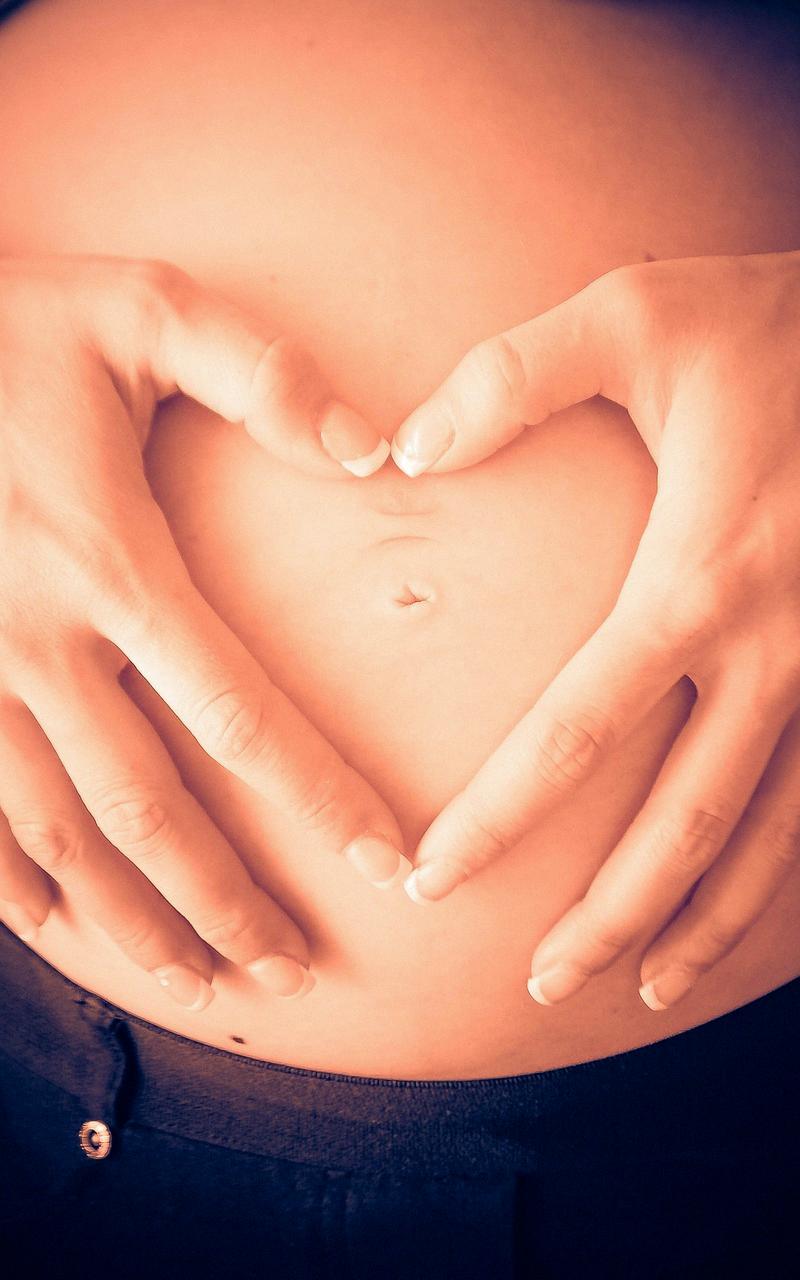During pregnancy, the body undergoes significant changes to accommodate the growing baby. One common reason why you might feel like you have arthritis while pregnant is the increase in weight. As your belly expands, it puts added pressure on your knees and joints, making them feel stiff and achy, similar to arthritis symptoms.
Additionally, the retention of water during pregnancy can lead to swelling in various parts of the body, including the feet, hips, knees, and ankles. This swelling can exacerbate any existing joint discomfort and stiffness, giving the sensation of arthritis. Increased water weight may also contribute to conditions like carpal tunnel syndrome, causing further discomfort in the wrists and hands.
Another factor that can make you feel like you have arthritis while pregnant is the hormonal changes that occur. Hormones released during pregnancy can affect the ligaments and joints, making them looser than usual. This looseness can lead to instability, pain, and a feeling of stiffness similar to what arthritis patients experience.
Moreover, the body produces a hormone called relaxin during pregnancy, which helps relax the ligaments in the pelvis to prepare for childbirth. However, this hormone can also affect other joints in the body, potentially causing pain and instability, contributing to the arthritis-like symptoms you may be experiencing.
Furthermore, the postural changes that occur as your belly grows can also impact joint health. The shift in your center of gravity puts added strain on your back, hips, and knees, potentially leading to discomfort and stiffness. These changes can mimic the symptoms of arthritis and make you feel like you are experiencing joint issues.
In addition to these physical changes, the increased levels of stress and fatigue that often accompany pregnancy can worsen any existing joint pain or discomfort. Stress can lead to muscle tension and exacerbate joint issues, while fatigue can make you more susceptible to feeling achy and stiff, further mimicking the symptoms of arthritis.
Moreover, the nutritional demands of pregnancy can also play a role in how your joints feel. Deficiencies in certain nutrients, such as calcium or vitamin D, can affect bone health and joint function, potentially leading to increased discomfort and stiffness. Ensuring you are meeting your nutritional needs during pregnancy can help alleviate some of the arthritis-like symptoms you may be experiencing.
It’s essential to stay active during pregnancy, but the types of activities you engage in can also impact how your joints feel. High-impact exercises or activities that put excessive strain on your joints can worsen any existing discomfort. Opting for low-impact exercises, such as swimming or prenatal yoga, can help you stay active while minimizing joint pain.
Furthermore, the increased blood volume and circulation during pregnancy can lead to swelling in the joints, further contributing to the sensation of arthritis. Elevating your legs when possible, staying hydrated, and avoiding long periods of standing or sitting can help reduce swelling and alleviate some of the discomfort you may be feeling in your joints.
Lastly, the emotional and psychological aspects of pregnancy can also influence how you perceive joint pain. Anxiety, mood changes, and the stress of preparing for a new arrival can all impact your physical well-being. Finding time for relaxation, mindfulness practices, and seeking support from loved ones can help reduce stress and improve your overall joint comfort.

